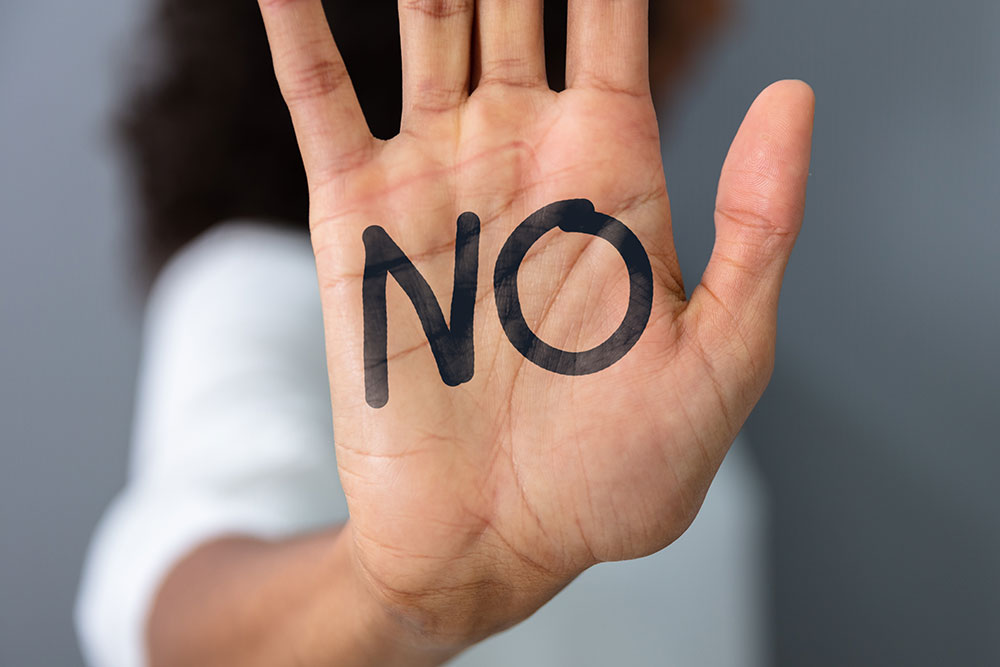You Are Not Alone: Finding Support and Sexual Assault Lawyers for Victims and Survivors
Your Path to Recovery Starts Here. Standing up for justice, healing, and support after sexual assault.
Have You Been Sexually Assaulted?
Sexual assault is any non-consensual sexual act, ranging from unwanted touching and harassment to rape. It includes situations where you were unable to consent due to factors like age, mental incapacity, intoxication, or coercion. Perpetrators can be strangers, acquaintances, or even people you know well. While legal definitions may vary, the core element of sexual assault is the absence of clear, voluntary, and ongoing consent. If you or someone you love needs help, please reach out.

Non-Consensual Sex is Always Assault
It's important to understand that any sexual activity without your explicit consent is assault, regardless of your relationship with the other person. Remember, you are never to blame for being assaulted. Consent must be freely given, enthusiastic, and can be withdrawn at any time. If consent is obtained through manipulation, threats, or while you were incapacitated, it is not valid, and the act is considered sexual assault.

Understanding the Devastating Impacts of Sexual Assault
If you have been sexually assaulted, you may be experiencing a range of emotions and effects that go far beyond any physical injuries. While the effects of sexual assault are serious, healing and recovery are possible with the right support. This trauma can manifest in depression, anxiety, post-traumatic stress disorder (PTSD), and other mental health conditions. It can deeply affect your quality of life and relationships. Recognizing the full spectrum of this devastation is crucial for getting the support you need and starting your journey to healing. With the right support, healing and recovery are possible.
Immediate Steps to Take If You’ve Been Sexually Assaulted
- Prioritize Your Safety: Get to a safe environment away from the perpetrator.
- Seek Medical Attention: Receive medical care as soon as possible. Even if there are no visible injuries, medical professionals can provide essential support and document evidence if you choose to report the assault.
- Preserve Evidence: Avoid showering, bathing, or changing clothes to preserve any potential evidence.
- Reach Out for Help - Tell Someone You Trust: Contact a trusted friend, family member, or support organization. Reporting the assault to law enforcement is your choice, not a requirement.
- Consider Professional Support: Therapists, counselors, and support groups specializing in trauma can be instrumental in your healing process.
Need Help? You Are Not Alone – We're Here for You
Our compassionate legal professionals are here to provide confidential support and guidance. All conversations are completely confidential, and we are here to listen without judgment. We understand what you're going through and are committed to helping you find a path to healing and justice. Call us, text us, or fill out the form below to get in touch with us.
Contact Us Today
Be Part of the Conversation
Your voice matters. Join our vibrant online community on social media to connect with fellow survivors, share your experiences, and stay informed about the latest news, resources, and legal developments that empower survivors.
Use the hashtag #1888ISaidNo to share your personal journey, connect with other survivors, and inspire hope. Your story has the power to ignite change and empower others to seek justice, if you choose to share.